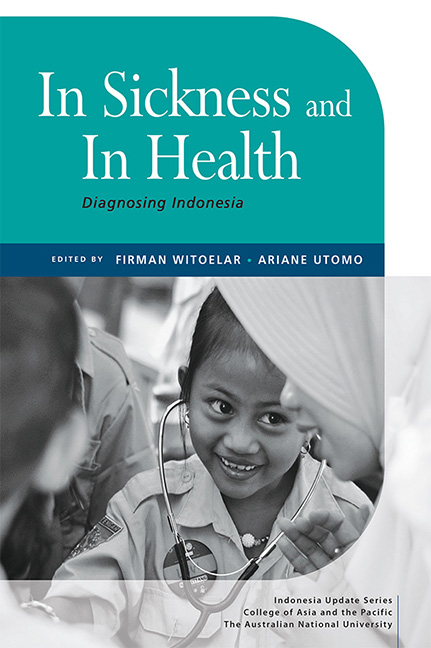8 - Impact of COVID-19 on maternal, neonatal and child health programs: A case study for health systems strengthening
Published online by Cambridge University Press: 09 January 2024
Summary
The COVID-19 pandemic has been a major unprecedented stress on health systems globally. By 30 September 2021, a total of 233.8 million cases of COVID-19 had been confirmed worldwide (WHO 2021). And with the death toll reaching more than 4.7 million as of September 2021 (ibid.), the pandemic has become the largest outbreak of an infectious disease in recent history. As countries respond to the pandemic, additional burdens of maintaining essential health services have been imposed on their health systems. The escalated demand for COVID-19 testing, contact tracing and isolation of cases, and managing severe cases in hospitals, has overwhelmed health care systems in both high and low- and middle-income countries (LMICs). In effect, the pandemic has redirected the focus and prioritisation of health systems, diverting much of the limited health resources to managing the pandemic.
Indonesia is also facing similar challenges in managing the COVID-19 pandemic while trying to maintain the performance of its health system. While the government has issued various programs and policies to mitigate the COVID-19 pandemic, the number of cases has fluctuated since the first case was confirmed on 1 March 2020. As seen in Figure 8.1, the number of daily new confirmed cases continued to rise from early in the pandemic, with higher caseloads observed following the 2021 new year holiday. While the case numbers declined slightly following the roll-out of the COVID-19 vaccination program in late January 2021 (MoH 2021), Indonesia was severely affected by the Delta variant wave. And in mid-2021, Indonesia became the epicentre of the pandemic with more than 49,000 daily confirmed cases and a 2.6% fatality rate (Wibawa 2021). By the end of September 2021, the cumulative number of confirmed COVID-19 cases in Indonesia exceeded 4.2 million, with 141,000 deaths (WHO 2021).
In Indonesia and other LMICs, pandemic-induced disruptions to routine health care services threaten progress towards equitable health improvement. One health goal is to reduce maternal and child mortality, which is among the most sensitive indicators of development and functioning health systems. Even before the COVID-19 pandemic, Indonesia had a high burden of maternal and child mortality. Indonesia’s current maternal mortality ratio is 177 per 100,000 live births, which is one of the highest in the Southeast Asia region (WHO 2020a).
- Type
- Chapter
- Information
- In Sickness and In HealthDiagnosing Indonesia, pp. 132 - 147Publisher: ISEAS–Yusof Ishak InstitutePrint publication year: 2022

